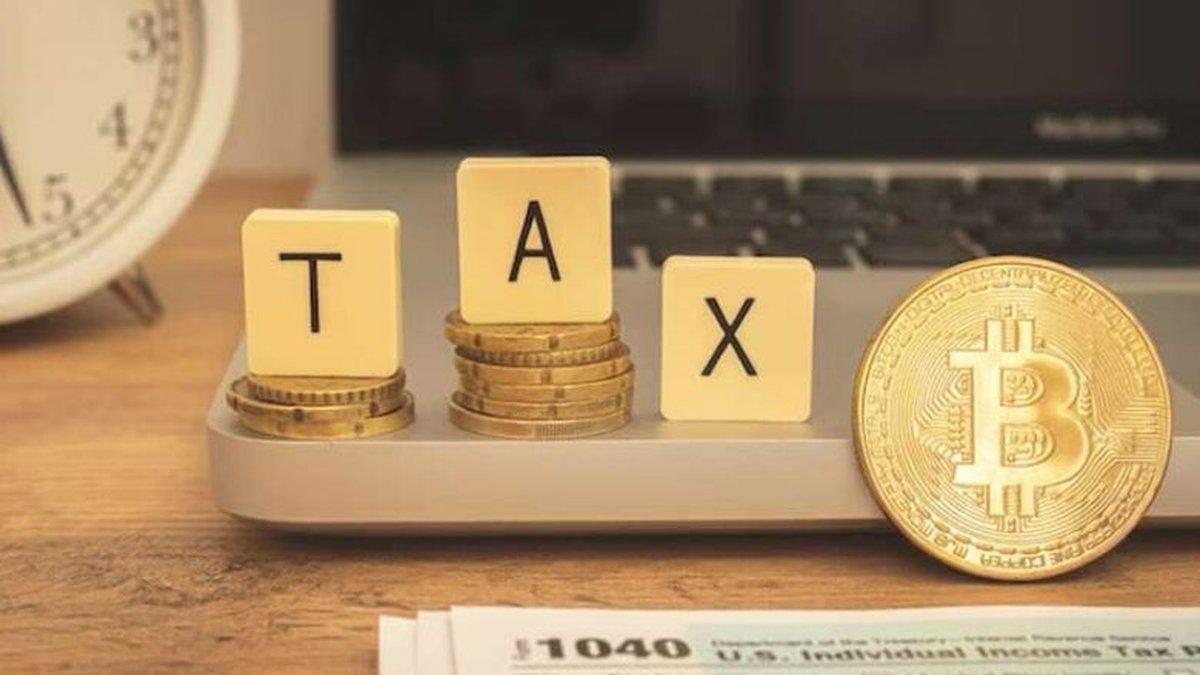Reporting Crypto Staking Rewards and Yield Farming Income
As decentralized finance (DeFi) continues to grow, investors and crypto holders are increasingly participating in staking and yield farming to earn passive income. While these activities can be highly lucrative, they also carry significant tax implications. Understanding how to report these earnings is crucial to maintaining compliance with tax authorities and avoiding future penalties.
Understanding Staking and Yield Farming
1. What Is Staking?
Staking involves locking up cryptocurrency in a blockchain network to support its operations, such as validating transactions. In return, stakers earn rewards—often paid in the same token. For example, staking ETH on Ethereum’s Proof-of-Stake network generates periodic staking rewards. Tax authorities such as the IRS and HMRC generally treat these rewards as ordinary income at the time they are received.
2. What Is Yield Farming?
Yield farming refers to providing liquidity to DeFi protocols like Uniswap or Aave in exchange for rewards. These rewards can include tokens, trading fees, or governance incentives. Unlike staking, yield farming may involve multiple tokens and smart contract interactions, making the tax reporting process more complex. Each reward, swap, or withdrawal can be considered a taxable event.
How Tax Authorities View Staking and Yield Farming
Globally, regulators are catching up with DeFi. In most jurisdictions, including the U.S., U.K., Canada, and Australia, crypto rewards from staking or farming are taxed as income when received, and potentially subject to capital gains tax when later sold or exchanged.
For instance:
- U.S. (IRS): Treats staking and farming rewards as ordinary income at fair market value when credited.
- U.K. (HMRC): Rewards may be considered miscellaneous income or capital gains, depending on activity and intent.
- Australia (ATO): Taxed as ordinary income upon receipt, with future sales triggering capital gains.
Understanding local tax laws and keeping accurate records is essential to ensure compliance.
Step-by-Step Guide to Reporting Staking and Yield Farming Income
Step 1: Track All Transactions
Use a crypto tax software (like Koinly, CoinTracking, or TokenTax) to record every staking or yield farming transaction, including:
- Date and time of each reward
- Type of token received
- Fair market value (FMV) in your local currency at receipt
- Transaction fees and wallet addresses
Accurate tracking is the foundation of proper tax reporting.
Step 2: Determine the Income Value
Each reward should be valued at the fair market price on the date it was received. For example, if you earned 0.5 ETH when ETH was $3,000, your income is $1,500. This amount should be reported as ordinary income for that tax year.
Step 3: Record Cost Basis for Future Sales
The value recorded as income becomes the cost basis for capital gains calculation. When you later sell or exchange the tokens, the difference between the sale price and the cost basis determines your capital gain or loss.
Step 4: File Correctly
Depending on your jurisdiction, you may use specific tax forms:
- U.S.: Report income on
Schedule 1and capital gains onForm 8949. - U.K.: Use the Self Assessment form, including income and capital gains.
- Canada: Include income in Schedule 3 and report capital gains separately.
Common Challenges in Reporting
1. Multiple Reward Types
Yield farming can generate various tokens with fluctuating values. Accurately tracking each token’s FMV at the time of receipt is essential but time-consuming.
2. Complex Smart Contract Interactions
DeFi protocols often involve swaps, auto-compounding, and liquidity migrations—all potential taxable events. Misreporting these can lead to underpayment or overpayment of taxes.
3. Lack of Clear Guidance
Many tax agencies still lack comprehensive DeFi-specific guidance. This creates uncertainty, so maintaining thorough documentation and working with a crypto-savvy tax advisor is highly recommended.
Strategies to Stay Compliant
- Use automated tracking tools to reduce manual errors.
- Export CSVs from wallets and DeFi platforms regularly.
- Consult professionals familiar with crypto taxation.
- Separate wallets for staking and farming to simplify record-keeping.
Risks of Non-Compliance
Failure to report staking and yield farming income may lead to penalties, audits, or interest charges. With blockchain’s transparency, tax agencies increasingly use blockchain analytics to identify unreported income. Being proactive is not only safer but also demonstrates good faith compliance.
Best Practices for Investors
1. Maintain Detailed Records
Keep a log of all transactions, including on-chain transaction IDs, token types, and wallet addresses.
2. Reconcile with Portfolio Trackers
Cross-check data from multiple sources (wallets, CEXs, DeFi protocols) to ensure accuracy.
3. Stay Updated
Regulations are evolving. Follow tax agency updates and expert insights to adapt your strategy each year.
Looking Ahead: Future of DeFi Taxation
As DeFi matures, regulators will likely introduce more standardized frameworks for staking and farming taxation. Projects may also integrate built-in reporting features. Investors who establish compliant practices today will benefit from smoother transitions and fewer surprises.
Conclusion
Properly reporting staking rewards and yield farming income is essential for compliance, risk management, and financial transparency. With careful tracking, valuation, and professional support, crypto investors can confidently participate in DeFi while meeting their tax obligations.
Further Reading and Resources
Guides | Crypto Tax | Crypto Insurance
Frequently Asked Questions
Do I need to pay taxes on staking rewards? Yes. Most tax agencies treat staking rewards as ordinary income when received, based on their fair market value.
How do I value yield farming rewards? Use the market price at the time you receive each token, even if you don’t immediately sell it.
What happens if I don’t report? Failure to report may lead to penalties or audits, as blockchain transactions are publicly traceable.
Can software help? Yes. Tools like Koinly or CoinTracker can automate data aggregation and reporting.
Is tax treatment the same worldwide? No. Each jurisdiction has its own rules. Always check local guidance or consult a tax professional.





